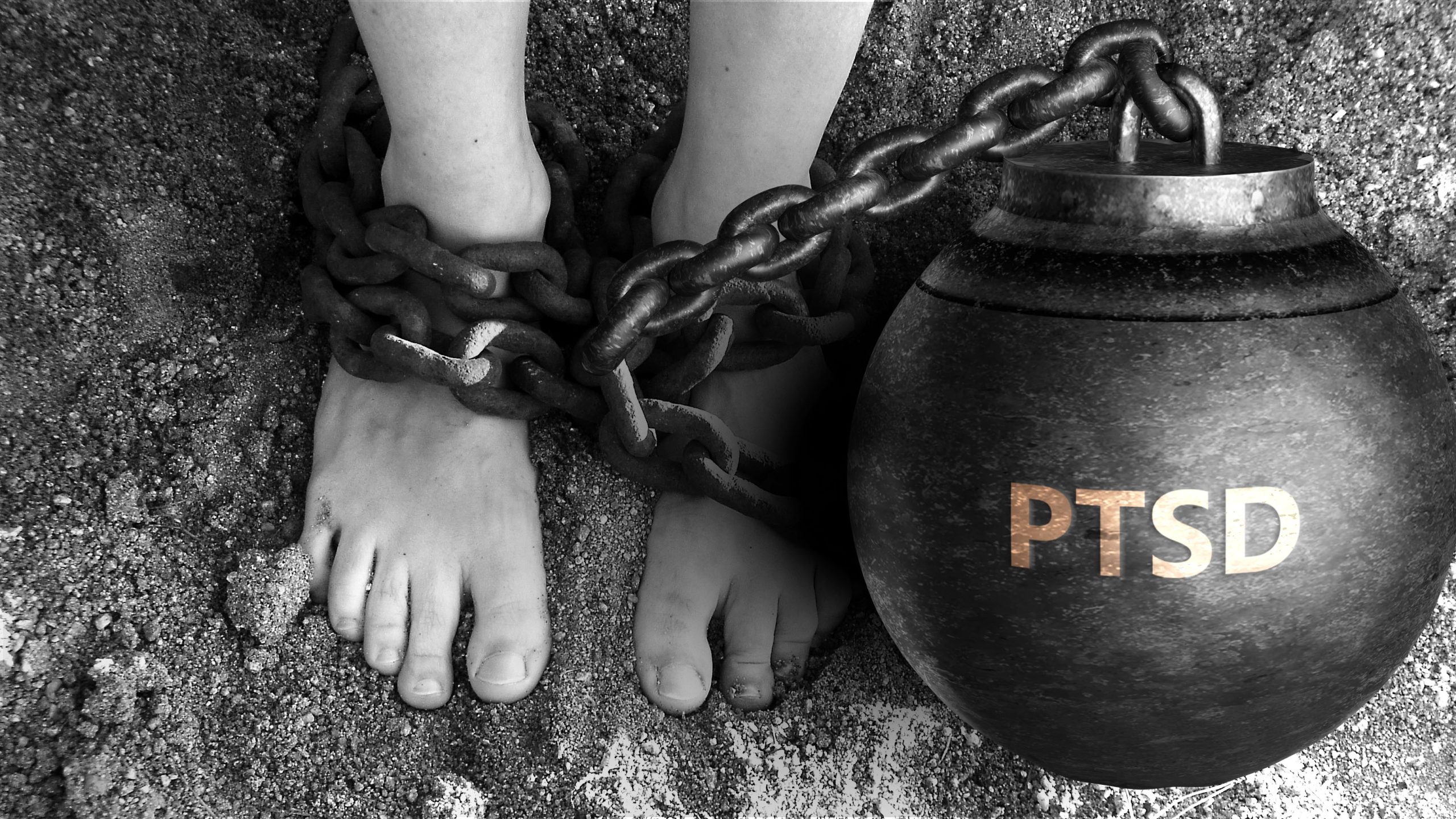How to Support a Loved One Living with PTSD
December 20, 2022The holidays tend to trigger PTSD. They can bring forth memories and trauma wounds that may never be forgotten. PTSD (post-traumatic stress disorder) is a condition where your mental and emotional health can be triggered by terrifying past events that have happened in your life. When a loved one suffers from PTSD it may be hard to understand, be overwhelming, and you may even feel hurt by it. Read along in my blog as I discuss how to support a loved one living with PTSD.
Understand the Effects PTSD Has on Someone
A great way to show your loved one you care is by educating yourself about PTSD and what they are personally going through. When you have a clear understanding, it will be easier for you to talk, listen, and give support to that person. Trauma comes in all different shapes and sizes, and for some, it takes hold as PTSD. For example, some tend to not have control over their brains because the disease is the guiding principle of their thoughts and actions. Put effort towards understanding your loved one’s disease and show how much you care.
Do Not Be Pushy
PTSD is not easy to treat. The wounds are cut deep, and sometimes it is hard for someone to even speak about it. If your loved one does feel the need to share with you, listen, do not judge, and make it known that you care and are concerned. Do not ever try to push someone into telling you. It may just make them feel worse, become agitated, or they may even start to push you away. However, let them talk to you about it when they are ready, and tell them you are always there to listen.
Encourage Therapy
Sometimes your love and support may not be enough. If your loved one does not want to discuss it with you, a family member, or a friend, encouraging therapy is always a route to take. I understand that bringing up therapy can be tricky. Let them know you care, and voicing your concerns will only show them how much they mean to you. Let them know the benefits of therapy. Recognize the difficulty that comes with it, and talk to them about joining a support group.
In short, PTSD should not run someone’s life, but unfortunately, that is the reality of the disorder. Educating yourself, being patient, and encouraging therapy are a few of the many steps to take to support a loved one living with PTSD. If you are interested in learning other ways to help a loved one with PTSD, I am here to talk and help you. If your loved one is living with or dealing with the effects of PTSD and they are looking for a therapist, Laurie Grengs Counseling would love to help them pull out of the trauma and rejoin life with a sense of wholeness and hope. They can contact Laurie Grengs Counseling today to get back on their feet and move forward with their life.
- PTSD

